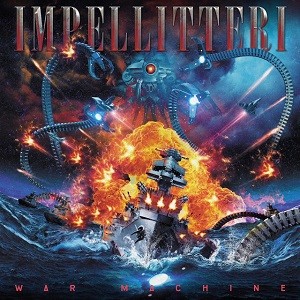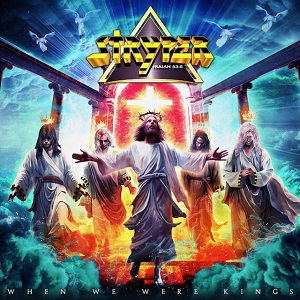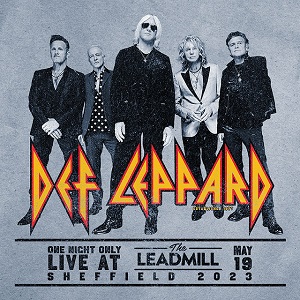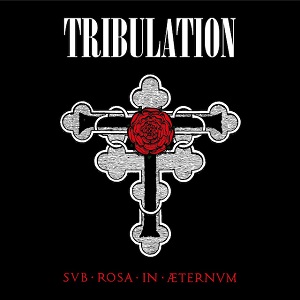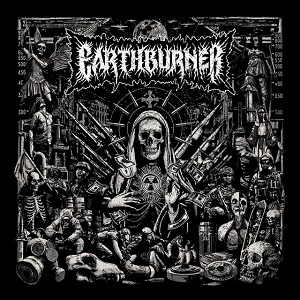BRUCE DICKINSON On Relationship With His Bandmates - “Our Loyalty Is Not To Each Other; It's To The IRON MAIDEN Mother Ship, The One That Gave Birth To Us”
November 1, 2017, 7 years ago

In a new interview with Rolling Stone, Iron Maiden singer Bruce Dickinson looks back on his life and discusses his new autobiography, What Does This Button Do?
An excerpt from the chat follows…
Rolling Stone: On the subject of you leaving the band, I was surprised to read how disillusioned you were with performing in the mid-Eighties, well before you quit. Why was that?
Bruce Dickinson: “I was walking a thin line between self-criticism, self-doubt and the liability. You're in a very successful band, and they have a pretty defined style, and they're doing great. It doesn't seem to matter what they do, it sells. That worried me. I was like, "If everybody is going around blowing smoke up your ass about how good this stuff is, how do you know it's really great?" And that's the whole thing about papal infallibility: How could the Pope ever be wrong? He's the Pope, right? What if he is wrong?
“I really began to feel that that was what was going on with Maiden, and nobody else did. It culminated when I did one solo album [1990's Tattooed Millionaire], which did very well, actually, but it was a complete pastiche. There were a couple of good tunes. It was well executed, but it was like a Saturday Night Live version of a classic-rock album. There was a ballad sketch, there was a groovy sketch, there was an AC/DC sort of sketch. Literally. We assembled the record like that because we only had two weeks to write it. It was very successful, and I thought, "That's kind of weird." I thought, "I'll have to do something different with the next one." But nobody else wanted me to.
“They all said, "Just do another one of those." Everybody was happy with it, because it did well, but I was not happy with it. Artistically speaking, there was only one song on there that I thought was really good, which was "Born in '58," and the rest of them were not earth-shattering. We're not going to break the mold of the pantheon of rock music with this, and that's what you're looking for. With every album, you should be looking for the fucking holy grail, not just rearranging the ornaments on the altar. So that's what drove me with the next solo album [1994's Balls to Picasso]. But I had no clue about where to look for whatever the holy grail was.
“I realized that being in Maiden, I was immersed in the culture and I felt it had somehow enfeebled my artistic sense. In the meantime, I had left Iron Maiden and I think people around me thought there was a plan, and there wasn't. The song "Tears of a Dragon" – "I throw myself in the sea/Release the wave, let it wash over me" – that's where I was at. I was floating downstream going, "I hope I end up on some kind of shore that's not too rocky." That was it. I left Iron Maiden to find out what was beyond. If I'd stayed, I'd never have found out, because nobody was going to tell me the truth about anything I did.”
RS: What's different now?
B.D.: “Going back, it's been a whole different set of relationships with everybody. It's much more real, much more, in some ways, grown up. We all accept that some of the time we like each other, some of the time we don't, but we all get on because we have to get on. Our loyalty is not to each other; it's to the Iron Maiden mother ship, the one that gave birth to us, which it did. We all share everything a lot more now than we did way back then, so that's different. We are a lot more in control of what we do now as well, and not in a sort of obsessive-compulsive way, but simply in the way we say, "Look, we're not going to do a 13-month tour," because we're going to be dead or in the funny farm.
“I said to my manager, "We need to do amazing shows now. Back in the Eighties, we weren't doing amazing shows. We were doing a lot of shows, and you can't do amazing shows if you're doing a lot of shows, because your body just fades away and your voices break." I felt like it more than anyone else back then. Before the Somewhere in Time tour, I just went into that tour going, "I'm just going to be the singer; I'm going to stop trying so hard." Then a couple albums later, I quit.
“Coming back, we started making some ground rules for ourselves. We said, "Let's do three months touring a year, and we love it." I really look forward to it. We all do. We like to work hard; we don't like to be destroyed. I love being in the band far more now than I did in the Eighties. It's much more fun now.”
Read the full interview at a href="http://www.rollingstone.com/music/features/bruce-dickinson-on-iron-maiden-cancer-new-autobiography-w509838" target="_blank">RollingStone.com.
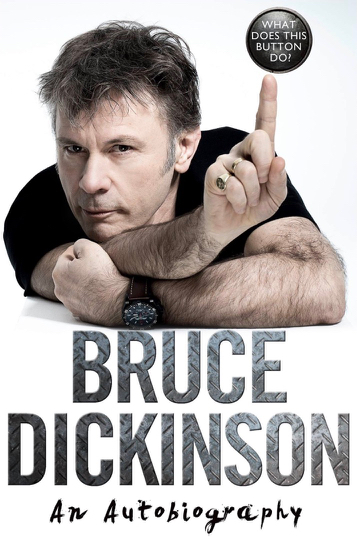
Heavy metal pioneers since their formation in 1975, Iron Maiden have sold over 90 million albums and played over 2000 shows in 63 countries, making them one of the most successful and globally influential bands of all time. One of the world’s most storied musicians, Bruce Dickinson has been the band’s internationally-acclaimed lead singer for more than 30 years, and quite aside from the decades spent delivering high-octane performances with his larger-than-life persona, Bruce has lived an extraordinary off-stage existence too. A true polymath, Bruce is, or has been, an airline pilot and captain, an aviation entrepreneur, a beer brewer, motivational speaker, film scriptwriter, twice-published novelist, radio presenter, TV actor and a world-class fencer.
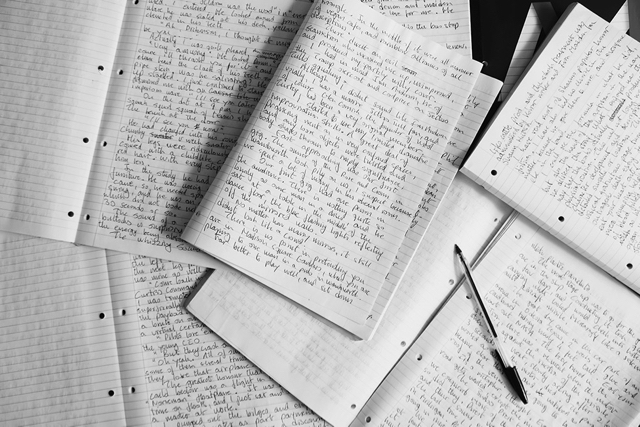
Over the last couple of years, and throughout Iron Maiden’s The Book Of Souls World Tour, which has covered 39 countries and 117 shows since February 2016, Bruce has turned his unbridled creativity to writing his memoirs, longhand (in seven A4 notebooks no less).
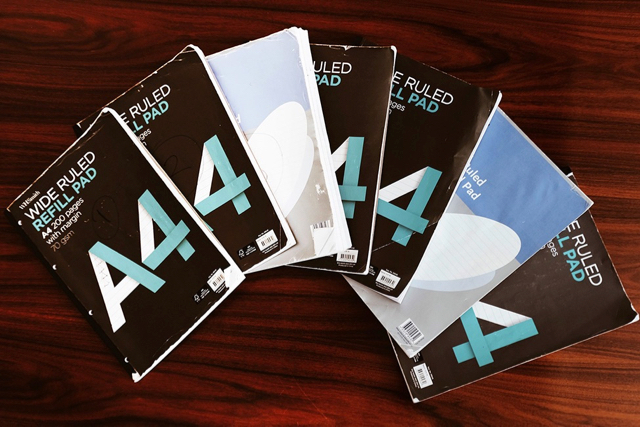
In What Does This Button Do?, Bruce (a man who famously never gives interviews about his personal life) shares, for the first time, the most fascinating recollections, including his thirty years with Maiden, the early days, his childhood within the eccentric British school system, going solo, realising his dream of flying jumbo jets and his recent battle with tongue cancer. Bruce Dickinson is so much more than the frontman of one of the biggest bands on the planet. A rock icon, a true renaissance man, Bruce has been, and remains, a man of legend.
Bold, honest, intelligent and very entertaining, What Does This Button Do? is the long-awaited window into the life, heart and mind of one of our most adventurous and multifaceted sons.
Hear Bruce read from his autobiography, talk about the experience of writing it (and no doubt many other things) and answer questions from the audience.
US events:
November
1 - Los Angeles, CA - The Regent Theater, Hosted by Book Soup - 7 PM
2 - Menlo Park, CA - Kepler’s Books - 7:30 PM
3 - New York City, NY - Gramercy Theatre, Hosted the Strand Bookstore - 6 PM
4 - Ridgewood, NJ - Bookends Bookstore - 1 PM







